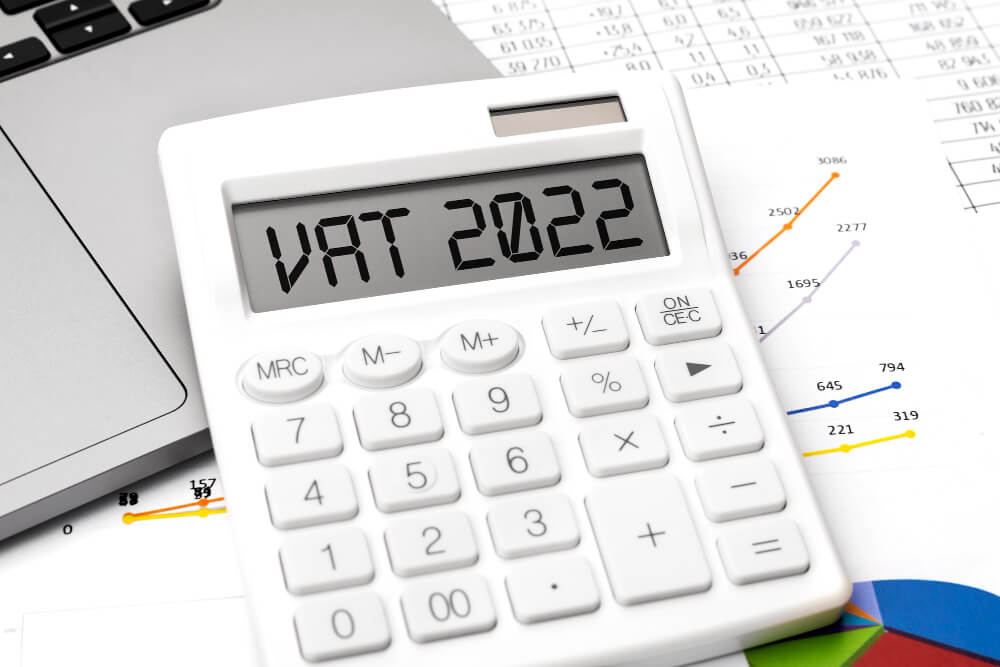Closing or dissolving a limited company is more challenging than forming a company. It becomes crucial to find the most tax-effective methods and extract the highest value. Here comes a question about how to avoid tax legally? We will find the answer here.
When closing a company, you give up on your years of hard work, but let your mind rule your heart. A company starts showing red flags, and it’s time to close down, like no longer a profitable business, products and services are not in demand, need a change in legal structure, etc. You may need professional help while closing a company.
In this blog, we will learn how to close a limited company while avoiding lump sum tax payments. We’ll cover the following points here:
Table of Content
How to close a limited company?
When closing a limited company, getting the agreement of your company’s directors and shareholders is crucial. The process of dissolving a company depends on two factors:

● Solvent: Your company can pay its bills.
● Insolvent: Your company is unable to pay its bills.
● When your company is solvent, you can apply for:
● Either, Strike-off your limited company from the Companies Register,
● Or start a members’ voluntary liquidation.
But, if your company is insolvent, the agreement from creditors (the one your company owes money to) legally comes before directors and shareholders. You must arrange for the company’s liquidation or apply for Company Voluntary Arrangement to avoid liquidation. This is usually done through an insolvency practitioner.
What are the tax-efficient ways to close a limited company?
Voluntary Strike Off
A voluntary strike-off, also known as informal liquidation or winding up, is a process of having your business struck off the Companies House register. Though we call it “informal liquidation”, it is a formal process. Plus, the term “voluntary strike-off” distinguishes the process from compulsory strike-off, where a third party intervention to cease your business.
When can you apply?
You can close your limited company by applying for a voluntary strike-off only if,
● There has been no trading or selling of stocks in the last three months,
● There has been no changing of name over the previous three months,
● No threats related to liquidation, and
● No arguments with creditors.
If your company doesn’t meet these criteria, you need to apply for voluntary liquidation of the company.
The process
1. The directors and shareholders must formally agree to close the company.
2. Complete form DS01 and submit it to Companies House to strike off the company from the Register.
3. It becomes your responsibility to send a copy of the application to everyone (who could be affected due to closing your company) within seven days of submitting the form.
4. When the Companies House accepts your voluntary strike-off application, they will notify the local Gazette, where anyone with an objection gets an opportunity to speak.
5. If there is no objection, Companies House will issue a second notice 2-3 months later to announce the dissolution of your business.
6. After company dissolution, the owners must retain all copies of relevant business documentation for seven years.
7. If your company made any profits during the dissolution process, you could take them as a dividend or director’s salary.
Tax-implications
If the last profits from your company are £25,000 or less, all shareholders will pay CGT at 10% for basic taxpayers and 20% for higher rate taxpayers.
However, the CGT can remain at 10% if you are eligible for Business Asset Disposal Relief (previously known as entrepreneurs’ relief).
If the last profit is more than £25,000, they are liable for income tax, depending on whether you take the profits as salary or dividend. Plus, the income tax depends on each shareholder’s total taxable income and the tax bracket it falls in.
Members’ voluntary liquidation (MVL)
You can close down a company with members’ voluntary liquidation and distribute the assets to shareholders as cash. An MVL distributes the retained profits as a capital gain instead of dividends, so the shareholders are liable for CGT.
When to apply?
You can apply for members’ voluntary liquidation when your company is solvent and follows either of the criteria:
● You want a retirement
● You want to come out from the family business, and nobody else is ready to run it.
● You don’t want to operate the company anymore
The process
1. Pass a resolution for members’ voluntary liquidation where you need a “declaration of solvency”.
2. It is a statement where the directors confirm that the company can pay its debts with interests at the official rate. The declaration of solvency also includes:
● The name and official address of the company
● The names and addresses of all the directors in the company
● The time needed to pay all debts by the company (that must not be more than 12 months from the date of the company’s liquidation).
● Information on the company’s assets and liabilities
3. Call a general meeting with shareholders in less than five weeks after passing a resolution for voluntary winding up.
4. At the meeting, appoint an authorised insolvency practitioner to take charge of winding up the company.
5. Usually, it takes around 6 months to a year to complete the MVL process.
6. The shareholders usually receive 75% of their funds within three months and the remaining within the following two months.
Tax-implications
The retained profits among the shareholders are subject to CGT, and there is no differentiation of earnings above or below £25,000 like the Voluntary Strike-off. Business Asset Disposal Relief or entrepreneurs’ relief can reduce your capital gains tax.
Generally, you don’t need to pay an income tax unless your company has five shareholders or fewer, you perform similar trade or activity within two years, and your primary aim of MVL appears to be tax avoidance.
Closing an insolvent company
While closing an insolvent company that cannot pay its debts, you must give legal priority to creditors over directors and shareholders. You must settle all your debts before taking funds from the company yourself.
Such types of insolvencies have been on the rise since the pandemic and recent lockdowns.
Initially, you can attempt to avoid liquidating your company with a Company Voluntary Agreement (CVA) made with creditors to pay as much of your debt as possible.
If you cannot avoid liquidation, go for Creditors Voluntary Liquidation, where you call a shareholders’ meeting and require 75% of their vote for the CVL. However, in such a scenario, if you don’t apply for CVL, creditors can force a compulsory company liquidation to recover money.
Making a company dormant
It is not compulsory to close your company when it is no longer trading; instead, making it dormant for tax until you carry out business activity or receive income is a viable option.
A dormant company doesn’t need to pay any corporation tax. Additionally, as long as you don’t take money out of the company, dividend, income or capital gain taxes.
Though you don’t need to pay taxes during the dormancy period, you still need to send your annual accounts and confirmation statement to the Companies House.
You can make your business dormant at any time and continue the process as long as possible. However, inform HMRC within three months to avoid legal complications once you start trading.

Wrapping up
It can be tricky to avoid tax legally while closing a limited company. It is advisable to seek professional assistance to understand your financial positions, tax obligations, and the best way to close your company to avoid extra taxes and legal complications.












Leave a Reply